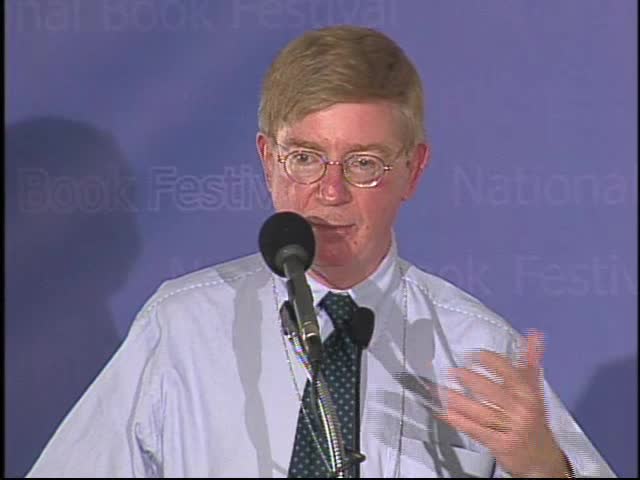Exploring the Insights of George Will

Introduction
George Will, an influential American conservative political commentator, historian, and author, has shaped political discourse in the United States for decades. Renowned for his articulate prose and penetrating insights, Will’s analysis is marked by a deep understanding of the American political landscape. His relevance is particularly pronounced in today’s polarized climate, where alternative viewpoints are crucial for informed discourse.
Background and Career
Born on May 4, 1941, in Champaign, Illinois, George Will graduated from Trinity College and earned his PhD in political science from Princeton University. He began his career in journalism, writing for various publications before gaining recognition as a columnist for The Washington Post in 1974. His columns, which often focus on politics, history, and culture, reach millions of readers across the nation.
Will is also well-known as a television personality, having contributed to multiple political talk shows, including ABC’s “This Week.” His ability to articulate complex ideas in an accessible manner has garnered him a broad audience. In addition to his journalism, Will has authored several books, including the acclaimed “Men at Work: The Craft of Baseball.” Through these works, he examines both politics and society, offering perspective on the human condition and the nature of democracy.
Recent Perspectives and Contributions
In recent years, George Will has continued to express his thoughts on critical issues facing America. His critiques of contemporary political trends, particularly the rise of populism and divisive rhetoric, are timely and relevant. In his latest writings, Will emphasizes the importance of conserving democratic norms and the rule of law amid increasing partisanship. He draws on historical examples to remind readers of the fragility of democratic institutions and the need for informed citizenry.
Will’s stance on various matters, including climate change, immigration, and social policy, aligns with traditional conservatism but often diverges from current GOP positions. He has argued for thoughtful solutions over rhetoric, advocating for a return to intellectual conservatism that values debate and empirical evidence.
Conclusion
George Will’s contributions continue to resonate in American political conversation. As the political landscape evolves, his insights encourage citizens to engage critically with ideas and promote a more rational discourse. For readers seeking a clearer understanding of conservatism beyond partisan lines, George Will remains a crucial voice, prompting reflection on the values and responsibilities that underpin American democracy. His legacy as a commentator emphasizes the need for dialogue and understanding in a time of division, making his work significant for both current and future generations.









